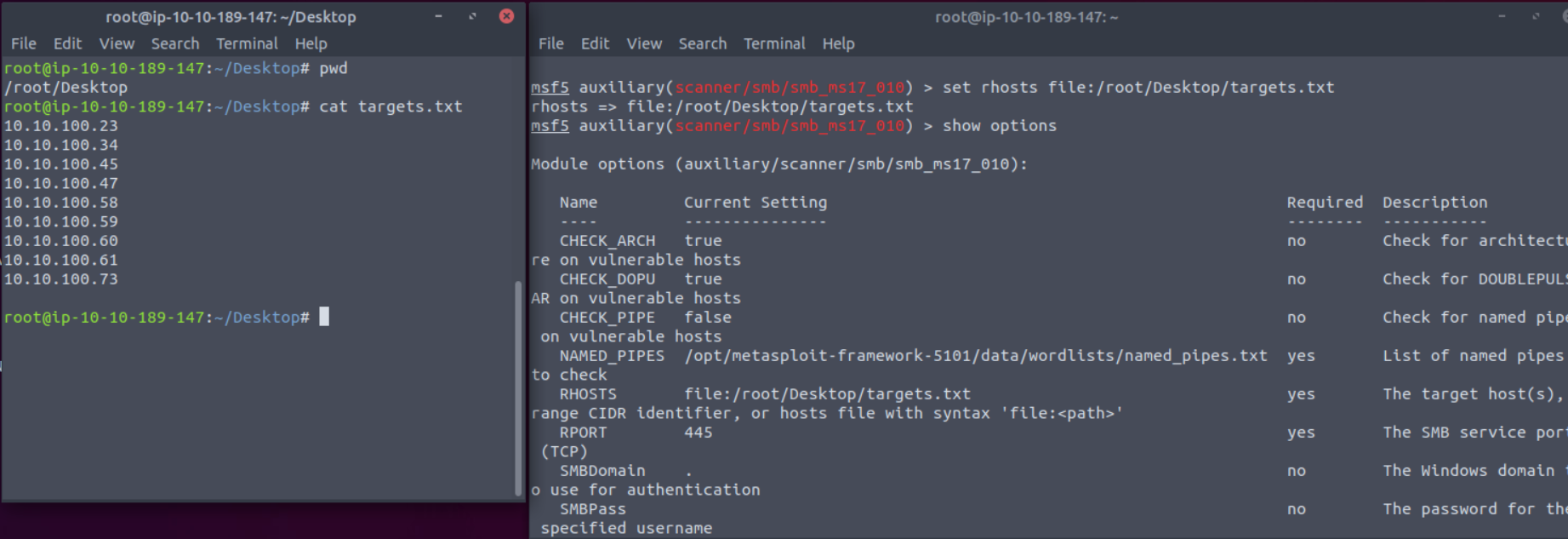metasploit

msf6 > search type:auxiliary telnet
Matching Modules
================
# Name Disclosure Date Rank Check Description
- ---- --------------- ---- ----- -----------
0 auxiliary/admin/http/dlink_dir_300_600_exec_noauth 2013-02-04 normal No D-Link DIR-600 / DIR-300 Unauthenticated Remote Command Execution
1 auxiliary/admin/http/netgear_r6700_pass_reset 2020-06-15 normal Yes Netgear R6700v3 Unauthenticated LAN Admin Password Reset
2 auxiliary/dos/cisco/ios_telnet_rocem 2017-03-17 normal No Cisco IOS Telnet Denial of Service
3 auxiliary/dos/windows/ftp/iis75_ftpd_iac_bof 2010-12-21 normal No Microsoft IIS FTP Server Encoded Response Overflow Trigger
4 auxiliary/scanner/ssh/juniper_backdoor 2015-12-20 normal No Juniper SSH Backdoor Scanner
5 auxiliary/scanner/telnet/brocade_enable_login normal No Brocade Enable Login Check Scanner
6 auxiliary/scanner/telnet/lantronix_telnet_password normal No Lantronix Telnet Password Recovery
7 auxiliary/scanner/telnet/lantronix_telnet_version normal No Lantronix Telnet Service Banner Detection
8 auxiliary/scanner/telnet/satel_cmd_exec 2017-04-07 normal No Satel Iberia SenNet Data Logger and Electricity Meters Command Injection Vulnerability
9 auxiliary/scanner/telnet/telnet_encrypt_overflow normal No Telnet Service Encryption Key ID Overflow Detection
10 auxiliary/scanner/telnet/telnet_login normal No Telnet Login Check Scanner
11 auxiliary/scanner/telnet/telnet_ruggedcom normal No RuggedCom Telnet Password Generator
12 auxiliary/scanner/telnet/telnet_version normal No Telnet Service Banner Detection
13 auxiliary/server/capture/telnet normal No Authentication Capture: Telnet
Interact with a module by name or index, for example use 13 or use auxiliary/server/capture/telnet
msf6 >
some usefull exploits:
enumeration:
Last updated